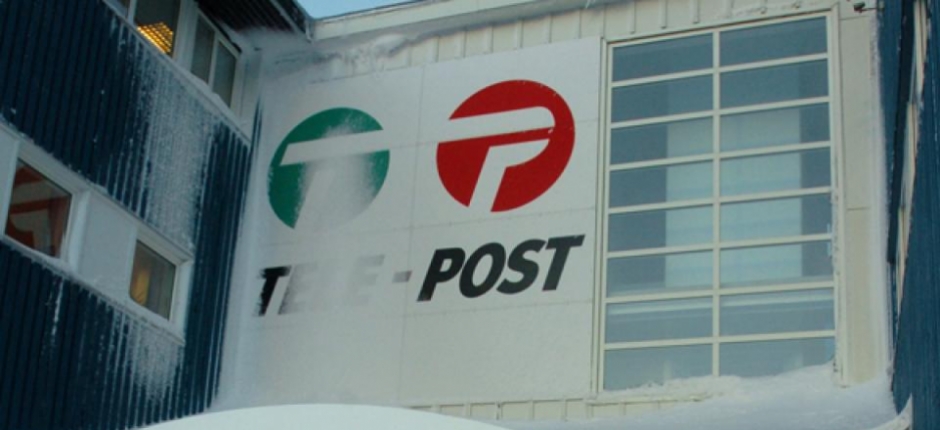A huge internet upgrade may come with hidden costs for Greenland

Until now, debate over over Chinese interest in Greenland has focused mostly on the minerals they are interested in taking out of the ground, and, to a lesser degree, the effects of an influx of imported mining labour that could amount to 10 percent of the population.
So far, these concerns remain hypothetical; Greenland has no operational mines, and those projects where Chinese firms have interests are years from coming on-line. A new and present worry, on the other hand, is China’s involvement in a huge internet upgrade that will bring internet speeds of up to 100Gb/sec, an incredibly fast connection for a location that remote.
The plan to add an extension to the northern spur of an undersea cable linking Greenland with Canada and Iceland has been in the works since 2015 without attracting much attention for anything other than its 300 million kroner ($45 million) price, and whether anyone will be able to afford the new internet speeds Tele-Post puts on offer.
Likewise, Tele-Post’s selection, in September of Alcatel-Lucent, a French producer of telecoms kit, to make and install the cable, was noted mostly as another box that could be ticked off before cable-laying could begin as planned this summer.
A cable, however, does not a network make. Allowing devices on land to connect connect to the network the cable taps into requires switches and other sorts of equipment. This, Tele-Greenland announced at the end of December, will be provided by Huawei Marine Networks, a subsidiary of Huawei, a privately owned firm that many Western intelligence agencies fear is a front for Chinese snooping.
Huawei has been able to do little to convince them otherwise: a number of countries, including America, Australia, Canada and Britain, have all taken steps to limit Huawei from being involved in similar types of internet-infrastructure projects on their soil.
In Denmark, Huawei was granted permission in 2013 to carry out a huge, six-year, $700 million contract to upgrade the national mobile network, but it came after the FE, the external intelligence agency, in 2011, aired the same concerns about Huawei.
The FE remains leery of Chinese intentions, both in Greenland and globally. But, it has either become wiser or more lax about Huawei since it began working in Denmark. The Greenland deal was vetted, and the company had to set up some safeguards, but, eventually, the FE gave it their stamp of approval, Flemming Dreschel, a Tele-Post executive, told AG, a newspaper published by our parent company.
The first of these safeguards was a hands-off policy; only Tele-Post employees will have access to the company’s systems. Likewise, installation and repairs of equipment will be an inside job.
Secondly, Tele-Post says it will only use equipment that has been approved for use by another country. The company does not plan to go as far as manually inspect all pieces for malicious computer code or hardware. Instead, it will count on its network being able to notice if either were introduced.
Like with the 2013 Danish deal, the choice of Huawei to provide equipment in Greenland, Dreschel says, came down to their belief that the benefits outweighed the risks.
“We look at the big picture when we consider tenders for big technical projects, and that includes security aspects as well as the quality of the technology. We felt that Huawei really delivered a lot.”
The real test will be whether they also expect to be taking something away.